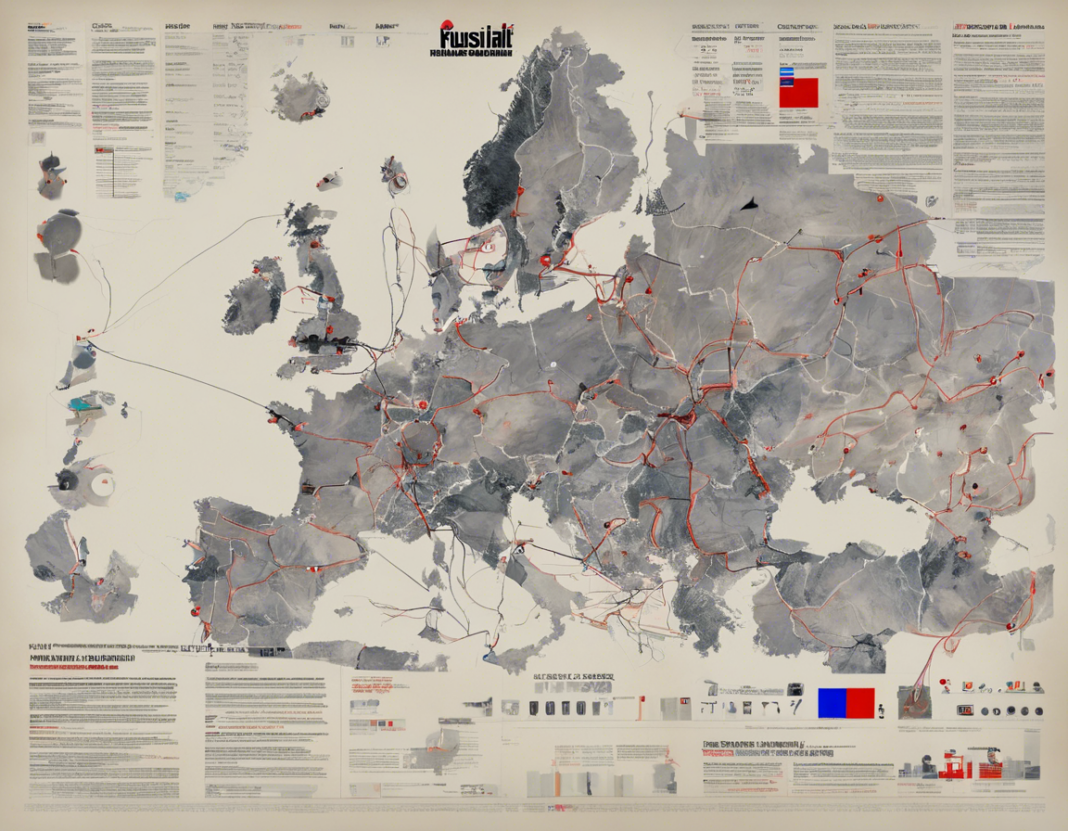Introduction
In recent years, the term “Russiagate” has dominated headlines and sparked intense debate across the political spectrum. At the center of this controversy is the Russialit leak, a series of disclosures that have shed light on the complex and often murky relationship between Russia and various governments, political figures, and organizations around the world. In this comprehensive analysis, we will delve deep into the Russialit leak, its implications, and the ongoing repercussions that continue to reverberate on the global stage.
Understanding the Russialit Leak
The Russialit leak refers to a trove of documents, emails, and other materials that were allegedly obtained by hackers with ties to Russian intelligence agencies. These leaked materials have been published by various media outlets and websites, revealing sensitive information about political campaigns, diplomatic communications, business dealings, and more. The leak has been connected to several high-profile incidents, including the 2016 U.S. presidential election, the Brexit referendum, and other key geopolitical events.
Implications of the Russialit Leak
The Russialit leak has raised serious concerns about the integrity of the political process in various countries. The leaked materials have exposed a web of connections between Russian operatives and foreign actors, leading to accusations of interference, manipulation, and collusion. In the United States, the leak has fueled ongoing investigations into possible links between the Trump administration and Russian officials, while in Europe, it has fueled fears of Kremlin influence over key decision-makers.
Key Players and Organizations
Several key players and organizations have been implicated in the Russialit leak. These include:
-
Russian Intelligence Agencies: Russian intelligence agencies, including the GRU and the FSB, are believed to be behind the hacking operations that led to the Russialit leak. These agencies have a long history of cyber espionage and disinformation campaigns aimed at destabilizing Western democracies.
-
Political Figures: Various political figures, both in Russia and abroad, have been linked to the Russialit leak. These include high-ranking officials in the Russian government, as well as politicians, lobbyists, and advisers in the U.S., Europe, and other regions.
-
Media Outlets: Several media outlets have played a key role in disseminating the leaked materials and shaping public perception of the Russialit leak. These outlets have faced criticism for their handling of the leaked information, with some accused of spreading misinformation and propaganda.
Repercussions and Response
The Russialit leak has had far-reaching repercussions across the globe. In the United States, it has led to a deepening political divide, with accusations of “fake news” and foreign interference becoming increasingly common. In Europe, the leak has fueled debates about national sovereignty, security, and the future of the European Union.
Governments, intelligence agencies, and tech companies have responded to the Russialit leak with a range of measures aimed at bolstering cybersecurity, countering disinformation, and safeguarding democratic institutions. These efforts include increased information sharing, tighter regulations on social media platforms, and enhanced cooperation between countries to combat foreign interference.
Frequently Asked Questions (FAQs)
- What is the Russialit leak?
-
The Russialit leak refers to a collection of hacked documents and materials that have been published by various media outlets, revealing sensitive information about political campaigns, diplomatic communications, and other activities.
-
Who is behind the Russialit leak?
-
Russian intelligence agencies, including the GRU and the FSB, are believed to be behind the hacking operations that led to the Russialit leak.
-
What are the implications of the Russialit leak?
-
The Russialit leak has raised concerns about foreign interference in democratic processes, as well as the influence of Russian operatives in various countries.
-
How have governments responded to the Russialit leak?
-
Governments have implemented measures to strengthen cybersecurity, combat disinformation, and protect democratic institutions in response to the Russialit leak.
-
What role have media outlets played in the Russialit leak?
- Several media outlets have published and disseminated the leaked materials, shaping public perception and fuelling debates about the implications of the Russialit leak.
Conclusion
The Russialit leak represents a significant challenge to the principles of democracy, transparency, and sovereignty in the modern world. As governments, organizations, and individuals grapple with the fallout from these revelations, it is clear that the impact of the leak will continue to be felt for years to come. By understanding the origins, implications, and responses to the Russialit leak, we can better prepare for future threats to our democratic systems and work towards building a more resilient and secure future for all.

